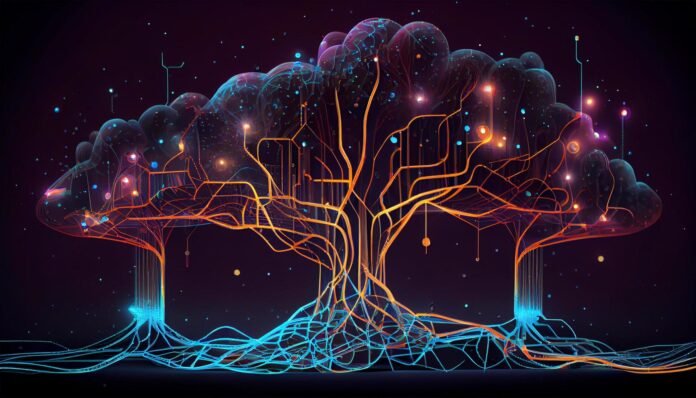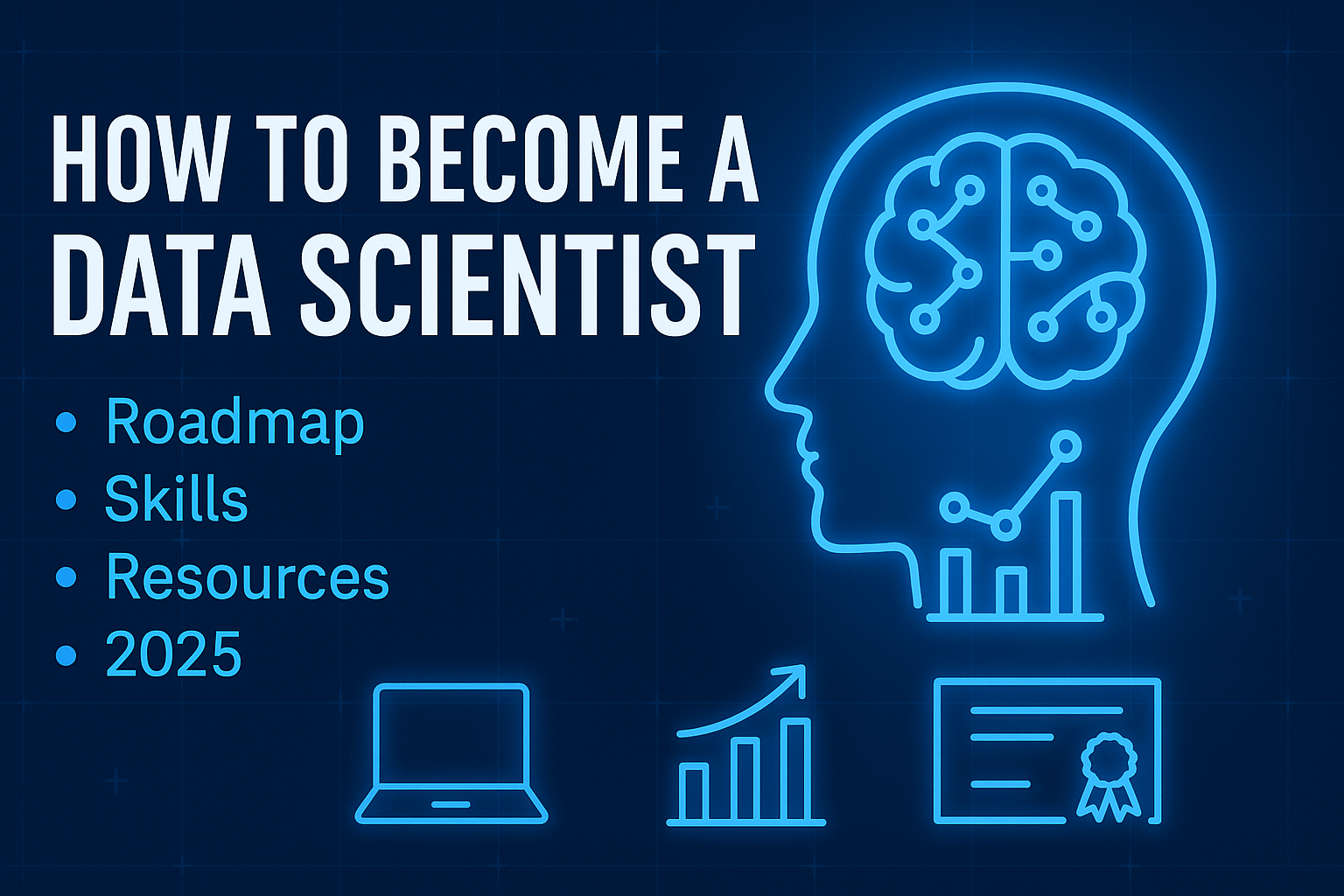In today’s digital age, data science has emerged as a critical force driving innovation across industries. By extracting meaningful insights from vast amounts of data, organizations can make smarter decisions, improve efficiency, and create new value for customers. Whether it’s predicting disease outbreaks or optimizing supply chains, data science applications are transforming the way industries operate.
In this article, we’ll explore 7 key data science applications across major industries, highlighting how this technology is revolutionizing business and society.
Learn more about the basics of data science at IBM’s What is Data Science?.
What Is Data Science?
Before diving into use cases, it’s important to understand what data science actually means. Simply put, data science is the interdisciplinary field that uses scientific methods, algorithms, and systems to analyze and interpret complex data.
It combines techniques from statistics, machine learning, and computer science to extract knowledge and actionable insights from both structured and unstructured data.
7 Amazing Real-World Uses of Artificial Intelligence
1. Healthcare: Predictive Analytics and Personalized Medicine
Healthcare is one of the fastest-growing sectors benefiting from data science. Predictive analytics models can analyze patient records, medical images, and real-time health data to forecast disease risks and suggest personalized treatment plans.
For example, AI-powered tools are now capable of early detection of conditions like cancer or cardiovascular disease by analyzing imaging scans more accurately than human experts.
Additionally, data science helps in managing hospital resources, predicting patient admissions, and improving clinical trials by identifying suitable candidates faster.
Real-world example: IBM Watson Health leverages data science to assist doctors in diagnosis and treatment recommendations, improving patient outcomes.
2. Finance: Fraud Detection and Algorithmic Trading
In finance, data science plays a vital role in fraud prevention and investment management.
By analyzing transaction patterns, machine learning algorithms can detect unusual activities indicating fraud or identity theft in real time, safeguarding customer assets.
Moreover, algorithmic trading uses data-driven models to analyze market trends and execute trades at speeds impossible for humans, maximizing returns while minimizing risk.
Banks and fintech companies also deploy chatbots and virtual assistants powered by natural language processing (NLP) to enhance customer service and streamline operations.
3. Retail & E-commerce: Personalization and Inventory Optimization
Retailers use data science to offer personalized shopping experiences by analyzing customer behavior, preferences, and purchase history. Recommendation engines suggest products tailored to individual tastes, increasing sales and customer satisfaction.
On the operational side, predictive analytics forecast demand trends, helping retailers optimize inventory levels, reduce waste, and avoid stockouts.
AI-driven chatbots handle customer inquiries, making online shopping more interactive and convenient.
Example: Amazon’s recommendation system, which accounts for a significant portion of its sales, is powered by advanced data science algorithms.
4. Manufacturing: Predictive Maintenance and Quality Control
Manufacturing industries leverage data science to improve operational efficiency and product quality.
Predictive maintenance uses sensor data from machines to predict failures before they happen, minimizing downtime and saving costs.
Computer vision systems inspect products on assembly lines, detecting defects with greater accuracy than manual inspections.
Data-driven supply chain optimization enables manufacturers to reduce lead times and respond swiftly to market demands.
5. Transportation & Logistics: Route Optimization and Autonomous Vehicles
Data science is transforming transportation by improving route planning and enabling autonomous driving.
Logistics companies use AI models to analyze traffic patterns, weather data, and delivery schedules to optimize routes, reducing fuel consumption and improving delivery times.
Self-driving cars combine computer vision and machine learning to perceive their surroundings, make decisions, and navigate safely without human intervention.
6. Agriculture: Precision Farming and Crop Monitoring
Agriculture is benefiting from data science through precision farming techniques that maximize crop yield and resource use.
Drones and IoT sensors collect data on soil conditions, moisture levels, and plant health. Data science models analyze this information to provide actionable insights on irrigation, fertilization, and pest control.
Predictive analytics forecast weather patterns and disease outbreaks, helping farmers plan better and reduce losses.
7. Education: Personalized Learning and Student Performance Analytics
Education technology integrates data science to create personalized learning experiences.
Adaptive learning platforms assess student strengths and weaknesses to customize lesson plans and pace, improving engagement and outcomes.
Data analytics help educators monitor performance trends, identify at-risk students, and design interventions.
Virtual tutors and AI assistants provide instant feedback and support, enhancing the learning process outside traditional classrooms.
Ethical Considerations in Data Science
While data science offers incredible benefits, it also raises ethical challenges. Issues such as data privacy, algorithmic bias, and job displacement need careful management.
Organizations must ensure transparency in AI decision-making, obtain proper consent for data use, and work to eliminate biases in their models.
Regulatory frameworks like GDPR and emerging AI ethics guidelines are shaping responsible data science practices worldwide.
The Future of Data Science Across Industries
The future promises even more exciting developments as data science integrates with other emerging technologies like artificial intelligence, edge computing, and quantum computing.
Industries that effectively harness data will gain a competitive advantage by innovating faster, improving customer experiences, and operating more sustainably.
For professionals and businesses alike, understanding and applying data science is becoming essential in the digital economy.
Conclusion
Data science is no longer confined to tech giants or specialized sectors—it’s reshaping healthcare, finance, retail, manufacturing, transportation, agriculture, and education in profound ways.
By turning raw data into powerful insights, data science enables smarter decisions, efficient operations, and innovative services that benefit businesses and society.
Whether you’re a beginner eager to learn or a business leader planning your digital strategy, exploring these 7 transformative data science applications is a great start.











